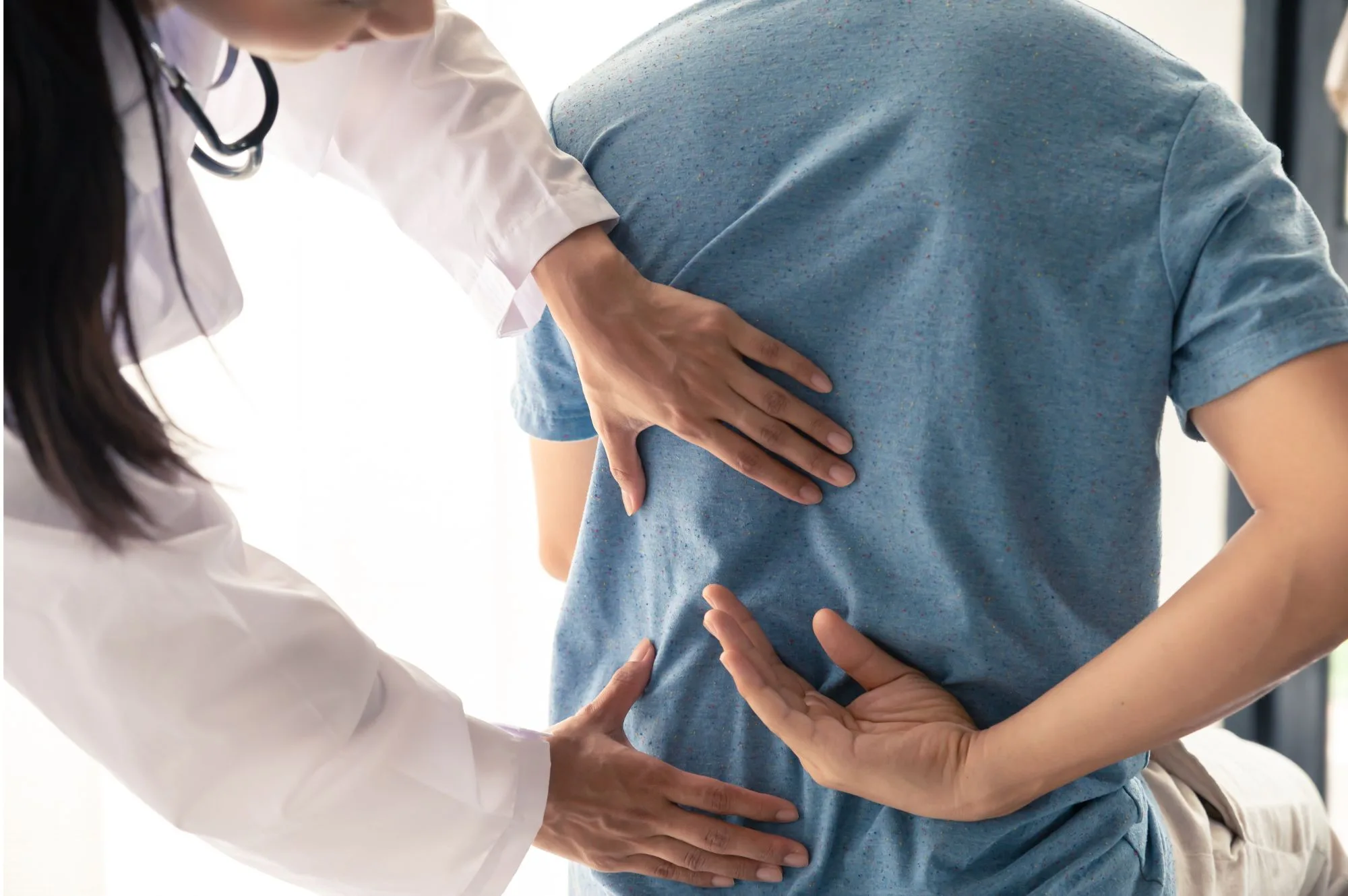
How To Treat Sports Hernia Without Surgery
Sports hernia more appropriately termed Gilmore’s groin, is a core muscle injury commonly associated with sports that involve strenuous kicking or twisting movements. Surgery should be the last resort for the treatment of this injury, as it will leave you in bed rest for weeks. Physical therapy can to some extent remedy this injury but severe cases will require surgery. This is what physical therapy has to offer for the treatment of sports hernia.
Pain reduction
Sports hernia involves the tearing of soft tissue muscles in the abdominal region. Pain caused by tearing can render the athlete to be unable to bend, twist his hips or even wear tight shorts. In severe cases, the pain can extend to the groin region and may cause some testicular discomfort. Physiotherapy makes use of ice and compression modalities to reduce pain in the injured region. Electrical stimulation and massage therapy help increase the pain threshold of the patient and reduce swelling.
Returning mobility
Post surgery there is stiffness in the abdominal region and the athlete is unable to perform necessary movements to perform well. Remember, that these muscles are still in a weakened condition and prone to re-injury. Physiotherapy specialists can teach the athlete special stretching exercises to improve flexibility. These stretching exercises will be pain free and increases healing.
Tissue strength
There is no true herniation caused by sports hernia. What actually happens is that the athlete tears a thin sheet of tissue in the abdominal region. If athletes continue to put strain on these tissue post surgery there can be another injury just the same. No athlete is safe from sports hernia. However, prevention of sports hernia is possible by assuming the correct postural movements and doing core muscle strengthening exercises. This will not only reduce your risk of injury but assist in the rehabilitation process.
Manual therapy
Minor cases of sports hernia can be resolved by assisted healing provided through soft tissue massages. Some athletes wear compression pants and continue playing with their injury. Eventually the injured muscles heal themselves.
What to avoid
Unregulated movements can easily worsen your condition in the case of sports hernia. These are the movements you need to avoid.
- Aggressive or painful stretching
- Stretching the trunk or upper body
- Sit ups
- Bending your abdomen
- Twisting movements of the hips
Also avoid physiotherapists that focus extensively on abs exercises. This could also worsen your condition.
Sports hernia can cause stabs of pain when coughing, sneezing or even laughing. Any activity that puts intra abdominal pressure on soft tissue muscles will cause pain. Therefore, for a while you may find yourself unable to sit on the toilet or get out of a car without feeling some amount of pain. Find out more about physical therapy Edmonton’s sports therapy and rehabilitation program that address all injuries related to sports. Our expert physiotherapists will be happy to answer any of your queries.





